by Joanne Ivancic* (Advanced Biofuels USA) Over the past year I have had the opportunity and privilege to participate in the Frederick, Maryland, County and City Climate Emergency Mobilization Work Group subgroup on Energy, Buildings and Transportation.
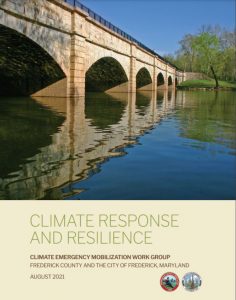 Our beautiful final report is available here: https://www.mobilizefrederick.org/
Our beautiful final report is available here: https://www.mobilizefrederick.org/
The aim of the CEMWG was to explore and discover how citizens and leaders in Frederick City and Frederick County could do the following:
- Reduce Frederick County emissions of greenhouse gases such as CO2 and methane at least 50% by 2030, and 100% by 2050;
- Drawdown or sequester carbon and greenhouse gases from the atmosphere, while protecting wildlife and pollinator habitat; and
- Lessen the impact of expected climate-related changes. These include floods, storms, habitat and home destruction, and increase in disease and heat-related health risks.
Volunteer participants (the effort had no funding) agreed to pay attention to science and data, to look for imaginative and innovative solutions. Although with Frederick’s proximity to Washington, DC, the professional level of expertise in these areas was significant and many had worked on climate change mitigation at a regional, state or national scale, we were intent with this effort to mitigate or adapt to the harmful effects of climate change focused on this one community. Our report, along with extensive sources, is available for use by others thinking of similar efforts.
Work Group and Sub-Groups
The work was assigned to subgroups on:
- Agriculture, Forestry and Land Management;
- Energy, Buildings and Transportation;
- Health, Extreme Weather and Resilience;
- Public Awareness and Outreach.
The final report is in two volumes. The first volume includes summaries of the recommendations; the second volume includes technical recommendations and sources.
Transportation and Renewable Fuels
Although the transportation recommendations emphasize electrification, significant key points were made regarding renewable fuel use. These are summarized in Recommendation #16 (page 63 of Volume 1, reproduced below) and include:
- Begin using renewable fuels in municipal and County fleets and equipment as soon as possible.
- Encourage local fuel supply businesses (heating oil, aviation and retail/wholesale gasoline and diesel suppliers) to increase the renewable fuel options available to private consumers, businesses for fleets and equipment, and for agricultural purposes.
- Provide consumer education, encouragement, and facilitation of renewable fuel use in collaboration with the business and agricultural communities.
- Frederick Municipal Airport should provide sustainable aviation fuel as soon as possible.
School Buses as an Example of the Power of Renewable Fuels
With such an undertaking, including a wide variety of perspectives and an all-volunteer workforce, some inconsistencies might be inevitable. One that shows up in the transportation section relates to the country school bus fleet.
Although the recommendation above states “Begin using renewable fuels in municipal and County fleets and equipment as soon as possible,” Recommendation #12 states “Transition all bus fleets to electric and enhance ridership experience.”
Regardless of the recommendation to begin using renewable fuels in county fleets, the section includes a special highlight, “Winning drivers over to electric school buses” written by Ron Kaltenbaugh, President of the Electric Vehicle Association of Greater Washington DC, who served as the chair of the subgroup on Energy, Buildings and Transportation.
It’s a shame that the final decision to highlight electrifying school buses was made in contradiction to the only presentation to the subgroup on this topic.
Ahmed Abdellah presented his case study based on a cost-benefit analysis of school buses in near-by Howard County, Maryland. He compared the price and carbon reduction potential of electric school buses to the price and carbon reduction potential for diesel school buses retrofitted to use 100% renewable fuel. A recorded version of his presentation, along with his report, are available here: https://advancedbiofuelsusa.info/case-study-of-proposal-for-100-biodiesel-school-buses/
Particularly useful are these tables from his presentation. The first illustrates the benefit of biodiesel over petroleum diesel.
The second shows the comparative carbon reduction potential in electric school buses using local electrical power and those using 100% biodiesel for a given amount of investment.
Abdellah showed that converting existing school buses to use 100% biodiesel resulted in vastly greater carbon dioxide reductions.
As discussed during his presentation to this CEMWG subgroup, this is not a pie-in-the-sky analysis. Locally, the Public Works Department for Washington, DC, has won sustainability awards due to making these conversions for many of its heavy duty diesel trucks; and it continues to install these conversions in additional parts of its fleet.
Important Points about Renewable Fuels that Do Not Appear in the Final Report
Certainly, with hundreds of pages in a report, some things have to be left out. One illustration that “speaks 1000 words” that found itself on the cutting room floor clearly shows that we in communities, cities, states, regions and beyond will continue to need liquid and gaseous fuels for decades, even generations, to come.
From the U.S. Department of Energy’s Energy Information Administration, this graph indicates significant need for such fuels into the future and implies a crying need to make those fuels as “clean and green” as possible.
I fear that the critical urgency to convert to renewable as much fossil-based fuel as possible as soon as possible, to "defossilize" liquid transportation fuel is not adequately communicated in the final presentation. Thus, I want to take this opportunity to emphasize that many of us will be needing liquid transportation fuels for a long time. We should strive to use every opportunity to defossilize as much as possible as soon as possible. While we wait for electric vehicles to be affordable, available, powered by renewables using fair trade batteries, the general public should have access to the "cleanest, greenest" fuels available.
The background materials included below also emphasize the environmental justice impacts of forcing the use of unhealthy fossil fuels from leaded aviation gasoline to petroleum diesel and everything in between. Every effort by all levels of government and private industry should be engaged in efforts to bring affordable, clean renewable fuels to every community.
Details
More extensive documentation and recommendations for each of the points made in Recommendation #16 are in Volume 2, the appendix, on pages 82-91 (reproduced below). Each recommendation includes:
- Expected GHG Reduction or Climate Adaptation
- Timeline for Action
- Rational
- Co-Benefits
- Experiences of Other Counties and Cities
- Interface with the Livable Frederick Plan and Frederick City Master Plan
- Cost-Benefit Analysis
- Finance
- Recommended Actions
- Local Legislative Action
- Administrative Action by City and County
- References
To provide more complete resources, I have also included links to the original recommendations and analysis provided to the Work Group that was summarized into the materials provided in the final documents.
Share Your Knowledge and Insights
Of the 70 or so people deeply involved in this project, I was one of very few who had any experience or knowledge of renewable fuels for transportation, equipment and heating. In the course of conducting the research and interviewing stakeholders for this project, I expanded my knowledge and understanding, as well.
I was glad to see that the CEM Work Group did take seriously, and include in the recommendations, some opportunities for renewable fuels to quickly, effectively and inexpensively provide substantial greenhouse gas emissions mitigation and climate change mitigation.
Because the world of renewable fuels is unfamiliar to so many, I encourage anyone who has the opportunity to tell the renewable fuels story, to explain the benefits of immediate transition to renewable fuels, to work with their communities to make this change happen.
I especially encourage participation in community projects like this one. Your knowledge, insights and expertise will be invaluable to expanding the understanding and use of this very important, immediate and cost-effective method to reduce and adapt to the harm caused by our changing climate.
*Joanne Ivancic serves as the executive director of Advanced Biofuels USA.
Original Renewable Fuel Recommendations
Renewable Fuel for Agriculture Recommendations v2
Renewable Fuel Heating Oil Fuel Recommendations v2
Renewable Fuel Light and Heavy Duty Vehicle Recommendations v2
Renewable Fuel Aviation Recommendations v2
Renewable Fuel for Public Transportation Buses Trains Recommendations v2
Final Renewable Fuel Recommendations
Renewable Fuel Recommendations published details
Frederick County Council greenlights expansive new climate plan (Frederick News Post)
The importance of local government in making carbon removal a public service (Sustainability, Climate Action and Resilience at Boulder County/The Hill)
Nearly 55,000 articles in our online library!
Use the categories and tags listed below to access the nearly 50,000 articles indexed on this website.
Advanced Biofuels USA Policy Statements and Handouts!
- For Kids: Carbon Cycle Puzzle Page
- Why Ethanol? Why E85?
- Just A Minute 3-5 Minute Educational Videos
- 30/30 Online Presentations
- “Disappearing” Carbon Tax for Non-Renewable Fuels
- What’s the Difference between Biodiesel and Renewable (Green) Diesel? 2020 revision
- How to De-Fossilize Your Fleet: Suggestions for Fleet Managers Working on Sustainability Programs
- New Engine Technologies Could Produce Similar Mileage for All Ethanol Fuel Mixtures
- Action Plan for a Sustainable Advanced Biofuel Economy
- The Interaction of the Clean Air Act, California’s CAA Waiver, Corporate Average Fuel Economy Standards, Renewable Fuel Standards and California’s Low Carbon Fuel Standard
- Latest Data on Fuel Mileage and GHG Benefits of E30
- What Can I Do?
Donate
DonateARCHIVES
- February 2026
- January 2026
- December 2025
- November 2025
- October 2025
- September 2025
- August 2025
- July 2025
- June 2025
- May 2025
- April 2025
- March 2025
- February 2025
- January 2025
- December 2024
- November 2024
- October 2024
- September 2024
- August 2024
- July 2024
- June 2024
- May 2024
- April 2024
- March 2024
- February 2024
- January 2024
- December 2023
- November 2023
- October 2023
- September 2023
- August 2023
- July 2023
- June 2023
- May 2023
- April 2023
- March 2023
- February 2023
- January 2023
- December 2022
- November 2022
- October 2022
- September 2022
- August 2022
- July 2022
- June 2022
- May 2022
- April 2022
- March 2022
- February 2022
- January 2022
- December 2021
- November 2021
- October 2021
- September 2021
- August 2021
- July 2021
- June 2021
- May 2021
- April 2021
- March 2021
- February 2021
- January 2021
- December 2020
- November 2020
- October 2020
- September 2020
- August 2020
- July 2020
- June 2020
- May 2020
- April 2020
- March 2020
- February 2020
- January 2020
- December 2019
- November 2019
- October 2019
- September 2019
- August 2019
- July 2019
- June 2019
- May 2019
- April 2019
- March 2019
- February 2019
- January 2019
- December 2018
- November 2018
- October 2018
- September 2018
- August 2018
- July 2018
- June 2018
- May 2018
- April 2018
- March 2018
- February 2018
- January 2018
- December 2017
- November 2017
- October 2017
- September 2017
- August 2017
- July 2017
- June 2017
- May 2017
- April 2017
- March 2017
- February 2017
- January 2017
- December 2016
- November 2016
- October 2016
- September 2016
- August 2016
- July 2016
- June 2016
- May 2016
- April 2016
- March 2016
- February 2016
- January 2016
- December 2015
- November 2015
- October 2015
- September 2015
- August 2015
- July 2015
- June 2015
- May 2015
- April 2015
- March 2015
- February 2015
- January 2015
- December 2014
- November 2014
- October 2014
- September 2014
- August 2014
- July 2014
- June 2014
- May 2014
- April 2014
- March 2014
- February 2014
- January 2014
- December 2013
- November 2013
- October 2013
- September 2013
- August 2013
- July 2013
- June 2013
- May 2013
- April 2013
- March 2013
- February 2013
- January 2013
- December 2012
- November 2012
- October 2012
- September 2012
- August 2012
- July 2012
- June 2012
- May 2012
- April 2012
- March 2012
- February 2012
- January 2012
- December 2011
- November 2011
- October 2011
- September 2011
- August 2011
- July 2011
- June 2011
- May 2011
- April 2011
- March 2011
- February 2011
- January 2011
- December 2010
- November 2010
- October 2010
- September 2010
- August 2010
- July 2010
- June 2010
- May 2010
- April 2010
- March 2010
- February 2010
- January 2010
- December 2009
- November 2009
- October 2009
- September 2009
- August 2009
- July 2009
- June 2009
- May 2009
- April 2009
- March 2009
- February 2009
- January 2009
- December 2008
- November 2008
- October 2008
- September 2008
- August 2008
- July 2008
- June 2008
- May 2008
- April 2008
- March 2008
- February 2008
- January 2008
- December 2007
- November 2007
- October 2007
- September 2007
- August 2007
- June 2007
- February 2007
- January 2007
- October 2006
- April 2006
- January 2006
- April 2005
- December 2004
- November 2004
- December 1987
CATEGORIES
- About Us
- Advanced Biofuels Call to Action
- Aviation Fuel/Sustainable Aviation Fuel (SAF)
- BioChemicals/Renewable Chemicals
- BioRefineries/Renewable Fuel Production
- Business News/Analysis
- Cooking Fuel
- Education
- 30/30 Online Presentations
- Competitions, Contests
- Earth Day 2021
- Earth Day 2022
- Earth Day 2023
- Earth Day 2024
- Earth Day 2025
- Executive Training
- Featured Study Programs
- Instagram TikTok Short Videos
- Internships
- Just a Minute
- K-12 Activities
- Mechanics training
- Online Courses
- Podcasts
- Scholarships/Fellowships
- Teacher Resources
- Technical Training
- Technician Training
- University/College Programs
- Events
- Coming Events
- Completed Events
- More Coming Events
- Requests for Speakers, Presentations, Posters
- Requests for Speakers, Presentations, Posters Completed
- Webinars/Online
- Webinars/Online Completed; often available on-demand
- Federal Agency/Executive Branch
- Agency for International Development (USAID)
- Agriculture (USDA)
- Commerce Department
- Commodity Futures Trading Commission
- Congressional Budget Office
- Defense (DOD)
- Air Force
- Army
- DARPA (Defense Advance Research Projects Agency)
- Defense Logistics Agency
- Marines
- Navy
- Education Department
- Energy (DOE)
- Environmental Protection Agency
- Federal Energy Regulatory Commission (FERC)
- Federal Reserve System
- Federal Trade Commission
- Food and Drug Administration
- General Services Administration
- Government Accountability Office (GAO)
- Health and Human Services (HHS)
- Homeland Security
- Housing and Urban Development (HUD)
- Interior Department
- International Trade Commission
- Joint Office of Energy and Transportation
- Justice (DOJ)
- Labor Department
- National Academies of Sciences Engineering Medicine
- National Aeronautics and Space Administration
- National Oceanic and Atmospheric Administration
- National Research Council
- National Science Foundation
- National Transportation Safety Board (NTSB)
- Occupational Safety and Health Administration
- Overseas Private Investment Corporation
- Patent and Trademark Office
- Securities and Exchange Commission
- State Department
- Surface Transportation Board
- Transportation (DOT)
- Federal Aviation Administration
- National Highway Traffic Safety Administration (NHTSA)
- Pipeline and Hazardous Materials Safety Admin (PHMSA)
- Treasury Department
- U.S. Trade Representative (USTR)
- White House
- Federal Legislation
- Federal Litigation
- Federal Regulation
- Feedstocks
- Agriculture/Food Processing Residues nonfield crop
- Alcohol/Ethanol/Isobutanol
- Algae/Other Aquatic Organisms/Seaweed
- Atmosphere
- Carbon Dioxide (CO2)
- Field/Orchard/Plantation Crops/Residues
- Forestry/Wood/Residues/Waste
- hydrogen
- Manure
- Methane/Biogas
- methanol/bio-/renewable methanol
- Not Agriculture
- RFNBO (Renewable Fuels of Non-Biological Origin)
- Seawater
- Sugars
- water
- Funding/Financing/Investing
- grants
- Green Jobs
- Green Racing
- Health Concerns/Benefits
- Heating Oil/Fuel
- History of Advanced Biofuels
- Infrastructure
- Aggregation
- Biofuels Engine Design
- Biorefinery/Fuel Production Infrastructure
- Carbon Capture/Storage/Use
- certification
- Deliver Dispense
- Farming/Growing
- Precursors/Biointermediates
- Preprocessing
- Pretreatment
- Terminals Transport Pipelines
- International
- Abu Dhabi
- Afghanistan
- Africa
- Albania
- Algeria
- Angola
- Antarctica
- Arctic
- Argentina
- Armenia
- Aruba
- Asia
- Asia Pacific
- Australia
- Austria
- Azerbaijan
- Bahamas
- Bahrain
- Bangladesh
- Barbados
- Belarus
- Belgium
- Belize
- Benin
- Bermuda
- Bhutan
- Bolivia
- Bosnia and Herzegovina
- Botswana
- Brazil
- Brunei
- Bulgaria
- Burkina Faso
- Burundi
- Cambodia
- Cameroon
- Canada
- Canary Islands
- Caribbean
- Central African Republic
- Central America
- Chad
- Chile
- China
- Colombia
- Congo
- Congo, Democratic Republic of
- Costa Rica
- Croatia
- Cuba
- Cyprus
- Czech Republic
- Denmark
- Dominican Republic
- Dubai
- Ecuador
- Egypt
- El Salvador
- Equatorial Guinea
- Estonia
- Eswatini/Swaziland
- Ethiopia
- European Union (EU)
- Fiji
- Finland
- France
- French Guiana
- Gabon
- Georgia
- Germany
- Ghana
- Global South
- Greece
- Greenland
- Grenada
- Guatemala
- Guinea
- Guyana
- Haiti
- Honduras
- Hong Kong
- Hungary
- Iceland
- India
- Indonesia
- Iran
- Iraq
- Ireland
- Israel
- Italy
- Ivory Coast
- Jamaica
- Japan
- Jersey
- Jordan
- Kazakhstan
- Kenya
- Korea
- Kosovo
- Kuwait
- Laos
- Latin America
- Latvia
- Lebanon
- Liberia
- Lithuania
- Luxembourg
- Macedonia
- Madagascar
- Malawi
- Malaysia
- Maldives
- Mali
- Malta
- Marshall Islands
- Mauritania
- Mauritius
- Mexico
- Middle East
- Moldova
- Monaco
- Mongolia
- Morocco
- Mozambique
- Myanmar/Burma
- Namibia
- Nepal
- Netherlands
- New Guinea
- New Zealand
- Nicaragua
- Niger
- Nigeria
- North Africa
- North America
- North Korea
- Northern Ireland
- Norway
- Oman
- Pakistan
- Panama
- Papua New Guinea
- Paraguay
- Peru
- Philippines
- Poland
- Portugal
- Qatar
- Republic of
- Romania
- Russia
- Rwanda
- Saudi Arabia
- Scotland
- Senegal
- Serbia
- Sierra Leone
- Singapore
- Slovakia/Slovak Republic
- Slovenia
- Solomon Islands
- South Africa
- South America
- South Korea (Republic of Korea)
- South Sudan
- Southeast Asia
- Spain
- Sri Lanka
- Sudan
- Suriname
- Sweden
- Switzerland
- Taiwan
- Tanzania
- Thailand
- Timor-Leste
- Togo
- Trinidad and Tobago
- Tunisia
- Turkey
- Uganda
- UK (United Kingdom)
- Ukraine
- United Arab Emirates UAE
- Uruguay
- Uzbekistan
- Vatican
- Venezuela
- Vietnam
- Wales
- Zambia
- Zanzibar
- Zimbabwe
- Marine/Boat Bio and Renewable Fuel/MGO/MDO/SMF
- Marketing/Market Forces and Sales
- Opinions
- Organizations
- Original Writing, Opinions Advanced Biofuels USA
- Policy
- Presentations
- Biofuels Digest Conferences
- DOE Conferences
- Bioeconomy 2017
- Bioenergy2015
- Biomass2008
- Biomass2009
- Biomass2010
- Biomass2011
- Biomass2012
- Biomass2013
- Biomass2014
- DOE Project Peer Review
- Other Conferences/Events
- R & D Focus
- Carbon Capture/Storage/Use
- Co-Products
- Feedstock
- Logistics
- Performance
- Process
- Vehicle/Engine/Motor/Aircraft/Boiler/Ship
- Yeast
- Railroad/Train/Locomotive Fuel
- Resources
- Books Web Sites etc
- Business
- Definition of Advanced Biofuels
- Find Stuff
- Government Resources
- Scientific Resources
- Technical Resources
- Tools/Decision-Making
- Rocket/Missile Fuel
- Sponsors
- States
- Alabama
- Alaska
- Arizona
- Arkansas
- California
- Colorado
- Connecticut
- Delaware
- Florida
- Georgia
- Hawai'i
- Idaho
- Illinois
- Indiana
- Iowa
- Kansas
- Kentucky
- Louisiana
- Maine
- Maryland
- Massachusetts
- Michigan
- Midwest
- Minnesota
- Mississippi
- Missouri
- Montana
- Native American tribal nation lands
- Nebraska
- Nevada
- New Hampshire
- New Jersey
- New Mexico
- New York
- North Carolina
- North Dakota
- Ohio
- Oklahoma
- Oregon
- Pennsylvania
- Puerto Rico
- Rhode Island
- South Carolina
- South Dakota
- Tennessee
- Texas
- Utah
- Vermont
- Virginia
- Washington
- Washington DC
- West Coast
- West Virginia
- Wisconsin
- Wyoming
- Sustainability
- Uncategorized
- What You Can Do
tags
© 2008-2023 Copyright Advanced BioFuels USA. All Rights reserved.
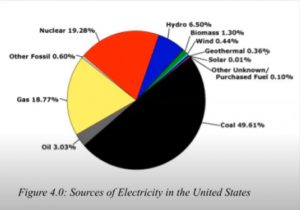
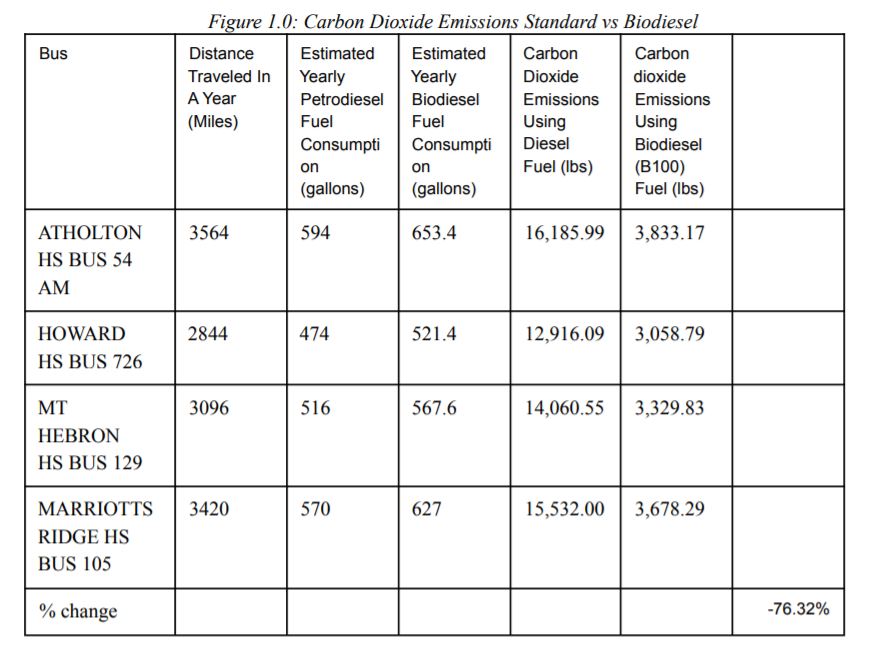
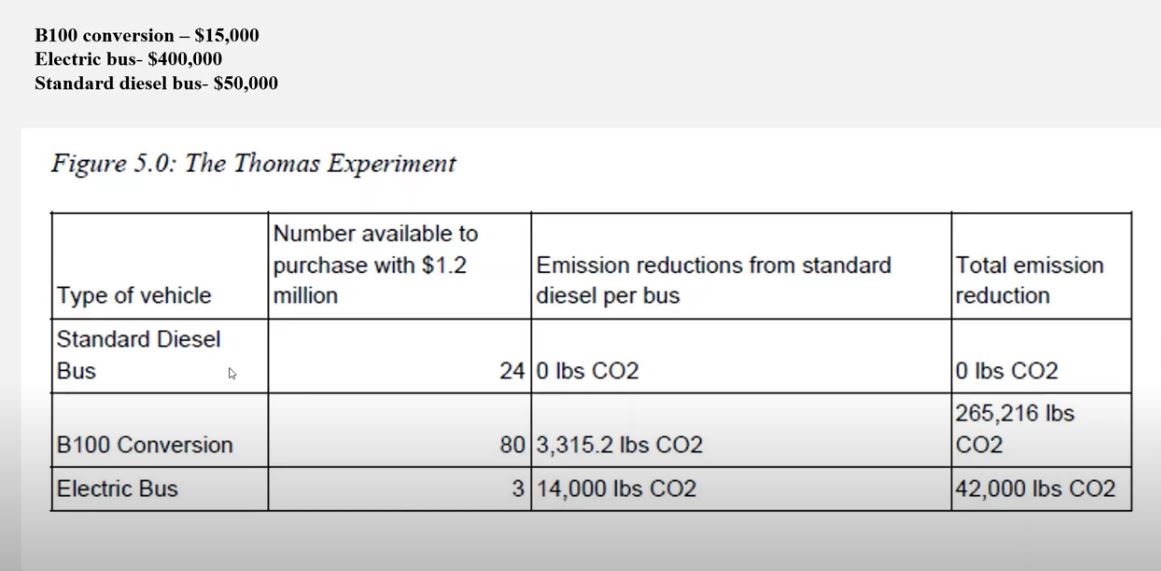
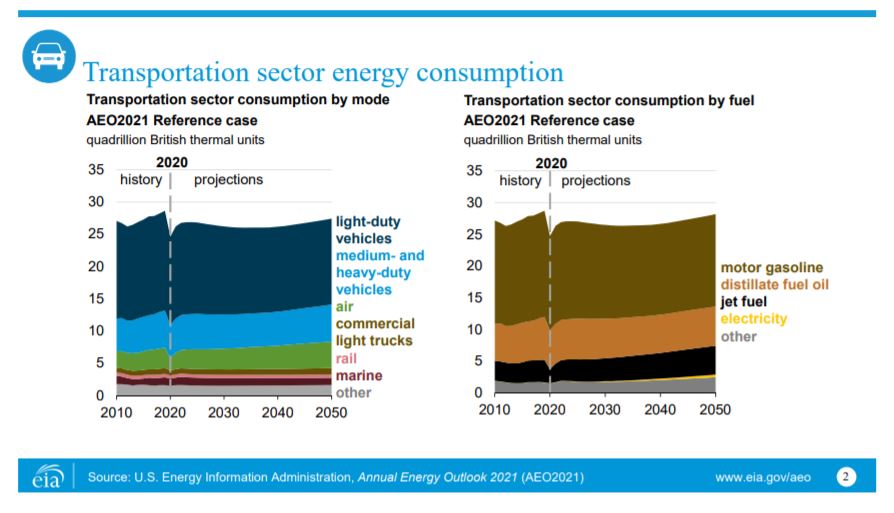
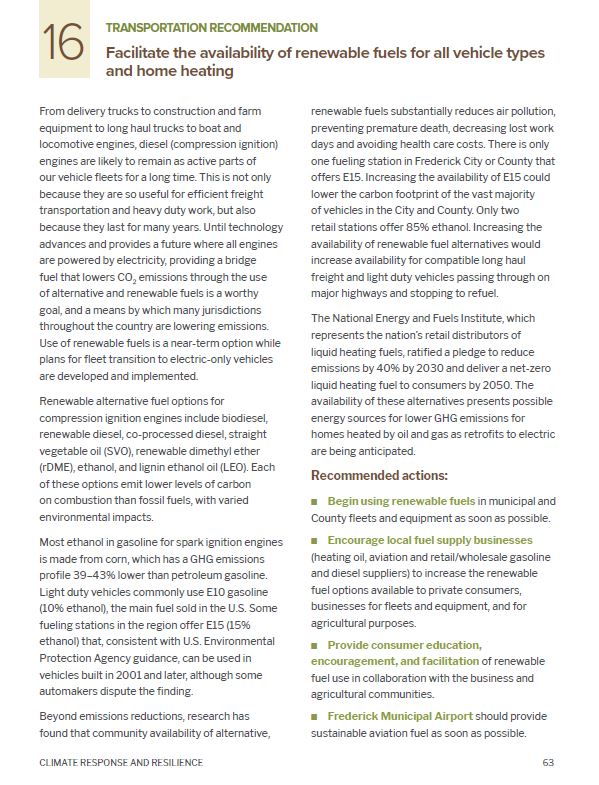
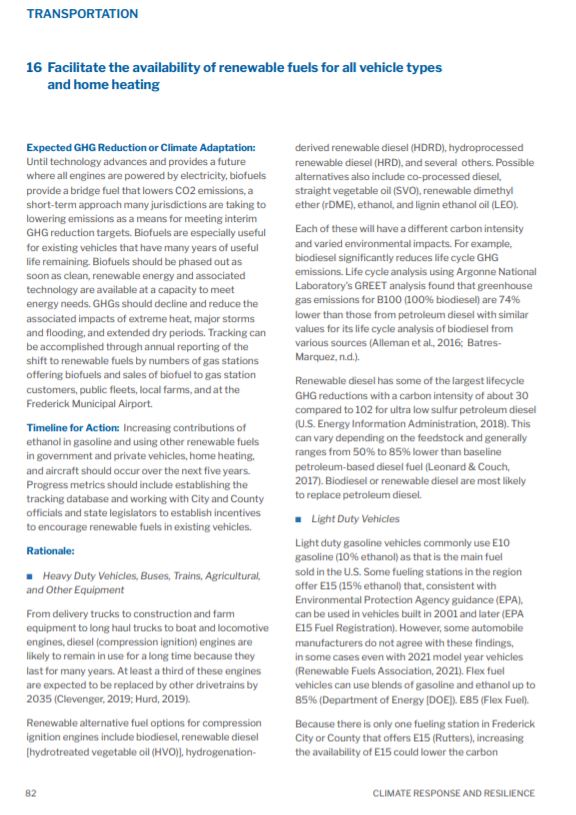
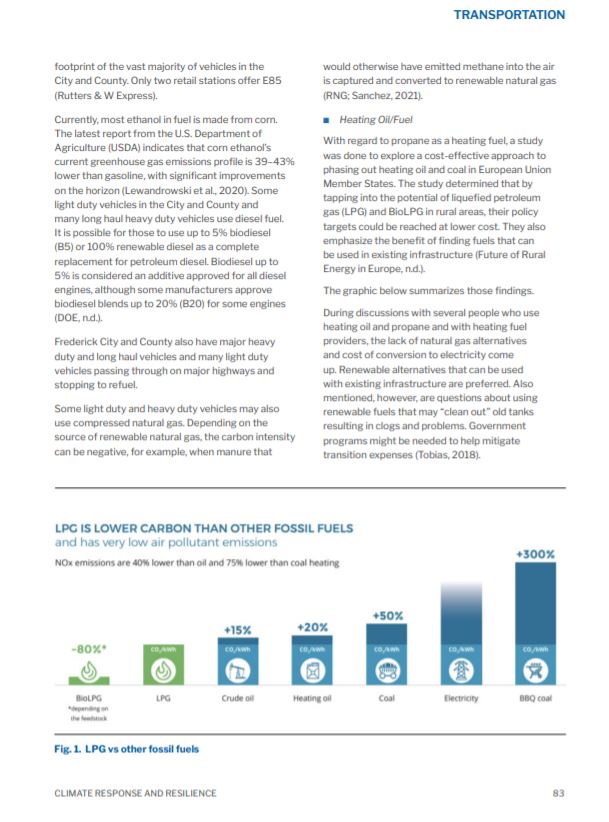
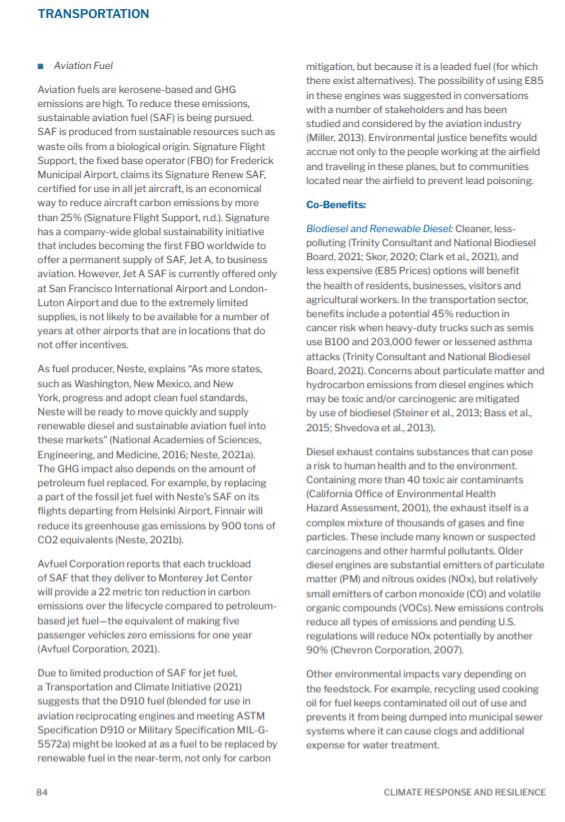
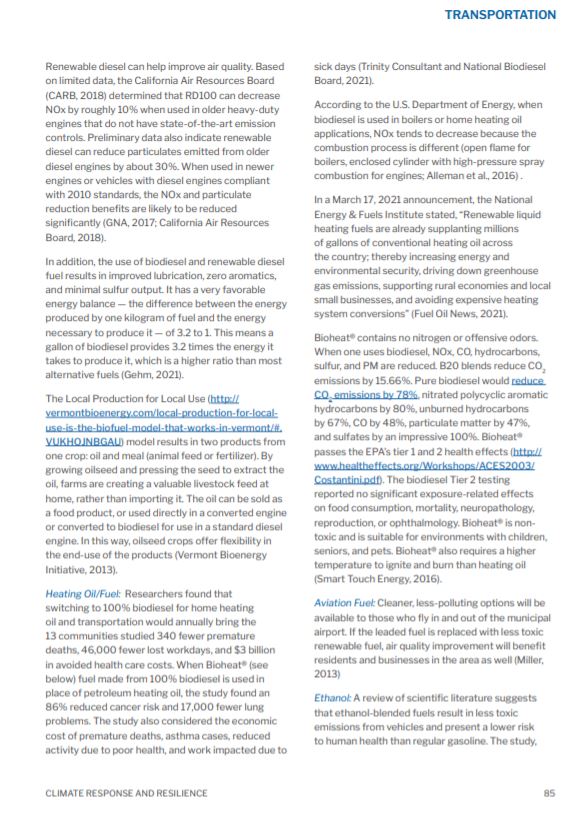
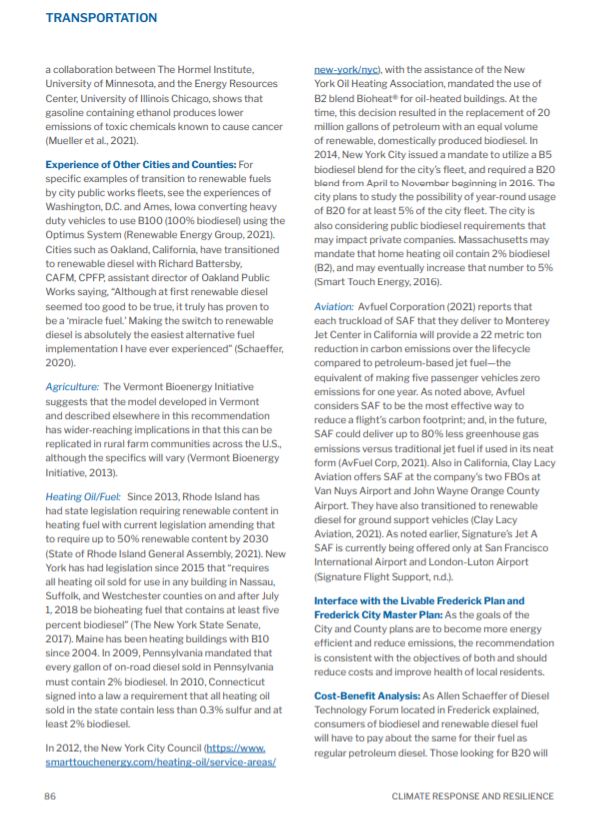
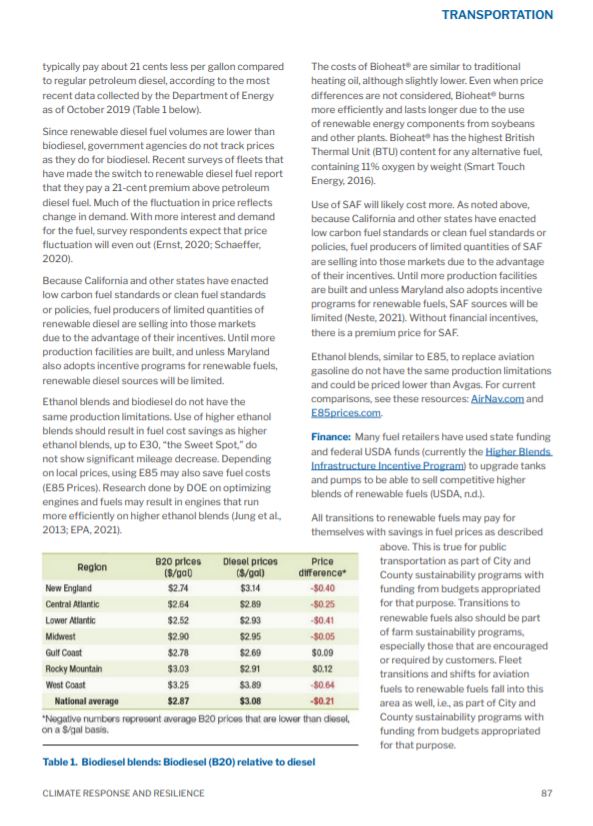
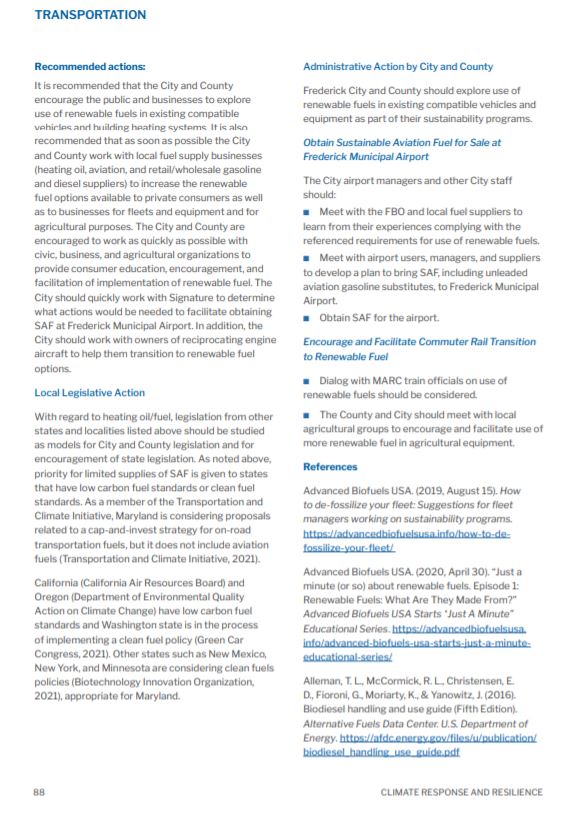
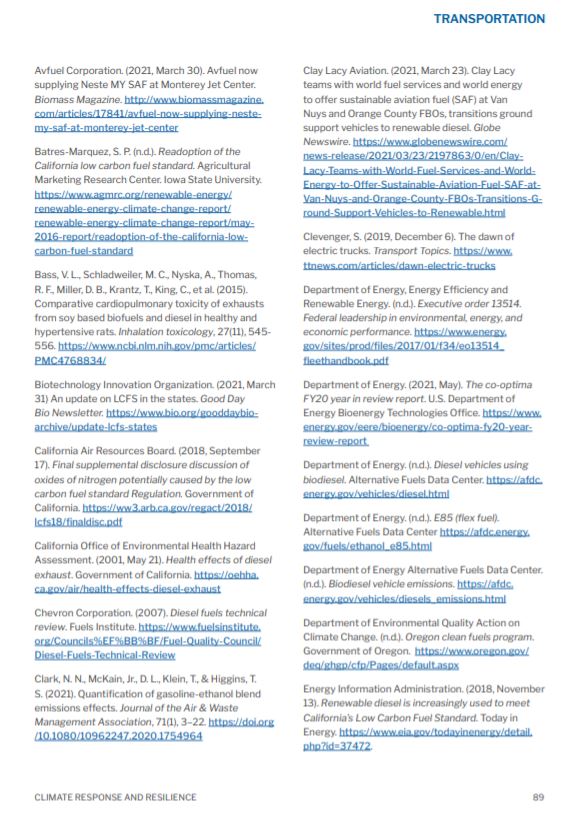
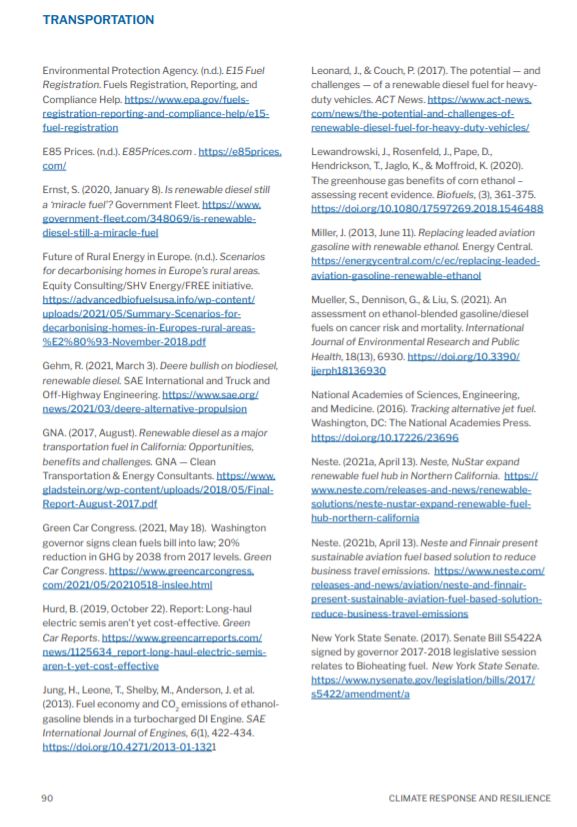
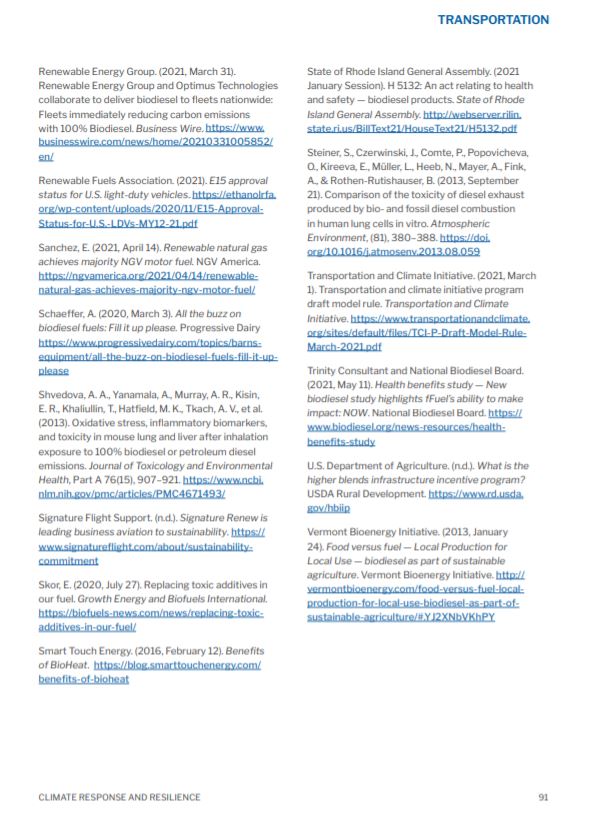
.jpg)





Comments are closed.